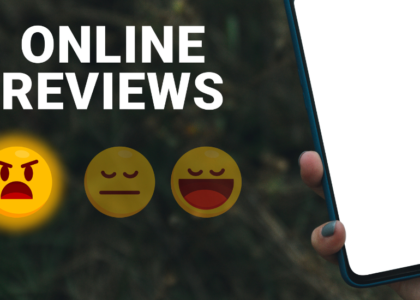Social media is an essential tool for businesses of all sizes. It allows them to connect with customers, build relationships, and promote their products and services. However, with so much social media activity happening all the time, it can be difficult to keep track of it all. That’s where social media monitoring, listening, and intelligence come in.
Social media monitoring is the process of tracking and analyzing social media conversations for specific keywords, hashtags, and mentions. It can be used to identify trends, track customer sentiment, and monitor brand reputation.
Social media listening goes beyond monitoring to understand the context of social media conversations. It involves analyzing the sentiment of conversations, identifying key influencers, and understanding the motivations of social media users.
Social media intelligence is the process of using social media data to make better business decisions. It can be used to develop new products and services, improve marketing campaigns, and identify customer service issues.
Here is a table that summarizes the key differences between social media monitoring, listening, and intelligence:
Here are some examples of how businesses can use social media monitoring, listening, and intelligence:
Social media monitoring:
- A clothing retailer uses social media monitoring to track mentions of its brand and products. This helps the retailer to identify customer sentiment and identify any potential issues.
- A restaurant uses social media monitoring to track reviews on Yelp and Google. This helps the restaurant to identify areas where it can improve its service.
- A software company uses social media monitoring to track mentions of its product bugs on Twitter. This helps the company to quickly identify and fix bugs.
Social media listening:
- A bank uses social media listening to identify key influencers in the finance industry. The bank then reaches out to these influencers to build relationships and promote its products and services.
- A travel company uses social media listening to understand the motivations of travelers. This helps the company to develop marketing campaigns that are more likely to resonate with travelers.
- A healthcare company uses social media listening to identify patients who are experiencing side effects from its medications. This helps the company to quickly address the issue and prevent any further harm to patients.
Social media intelligence:
- A car company uses social media intelligence to develop new products and features that are in line with the needs of its customers.
- A retail company uses social media intelligence to improve its marketing campaigns by targeting the right audience with the right message.
- A financial services company uses social media intelligence to identify customer service issues before they become major problems.
Social media monitoring, listening, and intelligence are essential tools for businesses of all sizes. By using these tools, businesses can better understand their customers, improve their products and services, and make better business decisions.
Here are some tips for using social media monitoring, listening, and intelligence effectively:
- Set clear goals for your social media monitoring, listening, and intelligence activities. What do you want to achieve?
- Identify the right social media platforms to monitor, listen to, and analyze.
- Use the right tools to collect, analyze, and manage your social media data.
- Create a process for collecting, analyzing, and reporting on your social media data.
- Share your social media insights with your team and stakeholders.
By following these tips, you can use social media monitoring, listening, and intelligence to make better business decisions and improve your bottom line.




